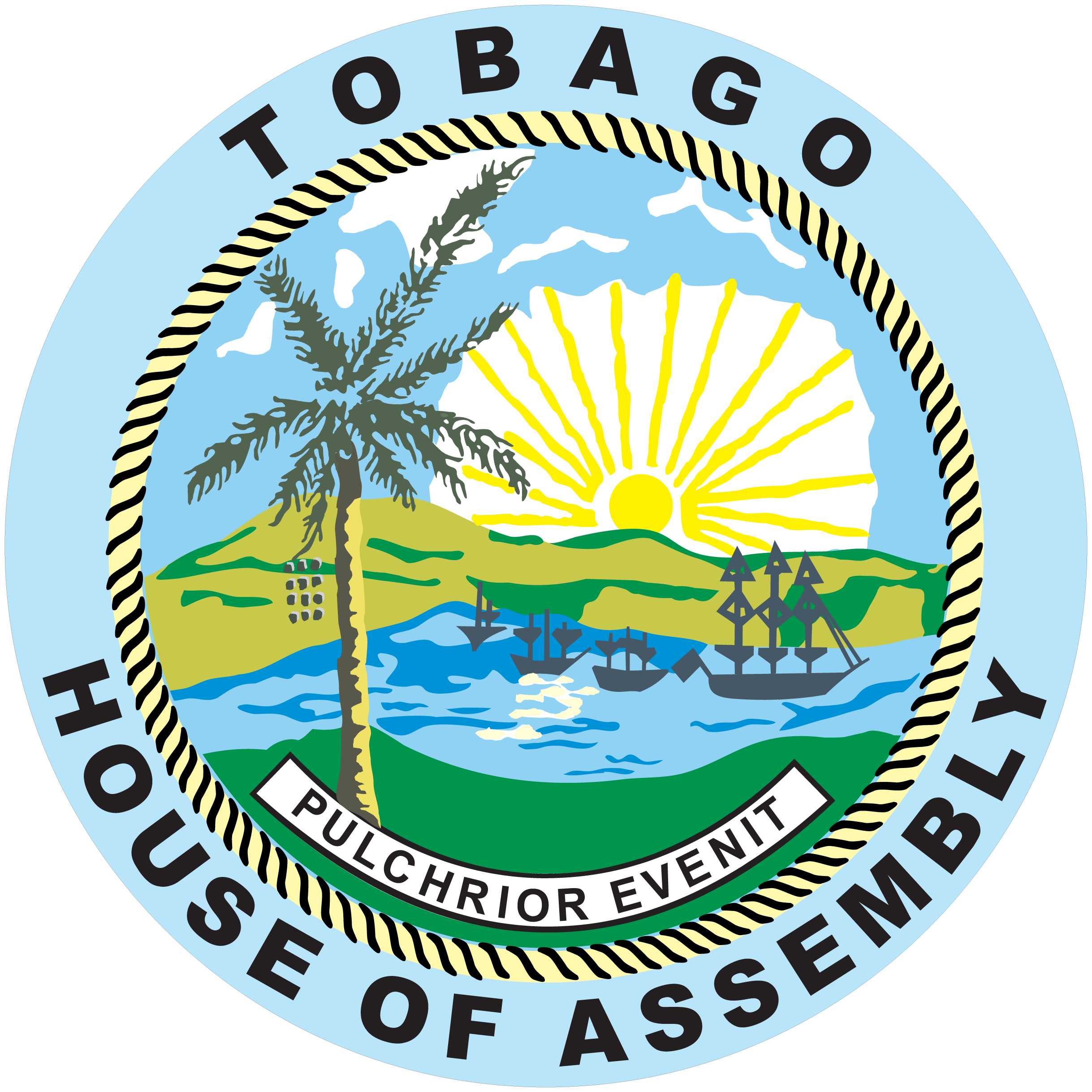The Tobago House of Assembly (THA) has a wealth of experience which can be brought to bear on the current local government transformation process now on in Trinidad.
This according to Minister of Rural Development and Local Government Senator Franklin Khan, who brought the transitional technical committee (TTC) on local government reform to Tobago on Friday for an insight into the workings of the THA. The Ministry is seeking to borrow elements of the THA model to enhance local Government structure and operations in Trinidad.
He told participants when the committee met with THA representatives at the Victor E Bruce Financial Complex in Scarborough that Tobago’s local government machinery and service delivery systems have progressed well beyond that of Trinidad, largely due to the local government reforms and the social contract between the THA and the people of Tobago.
He noted that like many communities across Trinidad, Tobago had to come to the Central Government for just about everything until this changed by new legislation which was passed in 1996.
Khan added that this legislation gives the Assembly the authority and autonomy to inform and manage many aspects of its own affairs and development. This has led to advancements like the Tobago Emergency Management Authority (TEMA), the distribution of medical alert devices to 520 persons in five years, and improved social service delivery.
He said the aim is to give local government bodies a level of autonomy and executive authority similar to that of the THA.
In welcoming members of the technical committee from Trinidad, THA Chief Secretary Orville London said the Assembly welcomes the opportunity to share their experiences.
However, he cautioned that “this exercise is not going to be a panacea for the challenges that we face in local government” and warned that “decentralisation will not automatically lead to transformation”.
London said decentralisation can cause further problems if it is not implemented properly. He stated that there are three phases of the process to consider: enacting the legislation, implementing it, and also enhancing delivery. The Chief Secretary said each phase is linked with the other.
He explained: “You have got to have legislation which is implementable legislation, and in order to implement you have got to enhance delivery.”
“From our experience you have got to bear in mind the realities of politics and you have got to have legislation which would protect the weak against the stronger regardless of the circumstances.”
